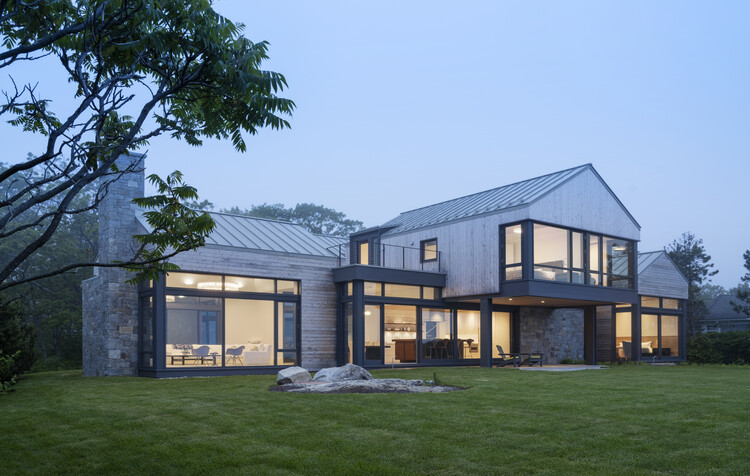Introduction:
San Pedro Belize Real Estate, a dynamic and ever-evolving industry, plays a pivotal role in shaping the economic landscape of nations and the daily lives of individuals. From residential properties to commercial spaces, the real estate market is a multifaceted sector that reflects societal trends, economic conditions, and technological advancements. In this article, we’ll explore the current state of the real estate market, key trends, challenges, and the potential opportunities that lie ahead.
Current Market Trends:
- Technology Integration:
The real estate industry is undergoing a digital transformation, with technological innovations streamlining processes and enhancing the customer experience. Virtual tours, augmented reality, and online platforms are becoming increasingly popular, allowing buyers and sellers to engage in transactions with greater convenience and efficiency. - Sustainable and Green Development:
As environmental consciousness grows, there is a rising demand for sustainable and eco-friendly real estate. Developers are incorporating green building practices, energy-efficient technologies, and environmentally friendly designs to meet the preferences of environmentally conscious consumers. - Urbanization and Mixed-Use Developments:
Urbanization continues to drive demand for housing and commercial spaces in metropolitan areas. Mixed-use developments, combining residential, commercial, and recreational spaces in a single project, are gaining popularity, offering a more integrated and convenient lifestyle for residents.
Challenges in the Real Estate Industry:
- Supply Chain Disruptions:
The real estate industry is not immune to global challenges, and disruptions in supply chains can impact construction timelines and costs. Issues such as material shortages and transportation delays can pose challenges for developers and potentially slow down construction projects. - Affordability Concerns:
Affordability remains a significant concern, particularly in hot real estate markets. As property prices rise, especially in urban areas, it becomes challenging for many individuals and families to access homeownership. Policymakers and developers are exploring innovative solutions to address affordability issues. - Regulatory Changes and Uncertainty:
Real estate is subject to various regulations, and changes in policies can impact the market. Uncertainty regarding zoning laws, tax regulations, and other government interventions can create challenges for both developers and investors.
Opportunities in the Real Estate Market:
- Investment in PropTech:
The integration of technology into real estate presents opportunities for entrepreneurs and investors. Proptech startups focusing on innovations such as smart home technologies, blockchain-based transactions, and data analytics are gaining attention and investment. - Adaptive Reuse of Properties:
With the changing needs of communities, there is an opportunity for the adaptive reuse of existing properties. Repurposing old buildings for new functions, such as converting warehouses into residential lofts or office spaces into mixed-use developments, can breathe new life into neglected structures. - Focus on Affordable Housing:
Developers and policymakers have an opportunity to address the affordability crisis by focusing on the construction of affordable housing units. Public-private partnerships, innovative financing models, and community-driven initiatives can contribute to increasing the supply of affordable homes.
Conclusion:
The real estate industry is a dynamic and resilient sector that continually adapts to societal, economic, and technological changes. While facing challenges such as supply chain disruptions, affordability concerns, and regulatory uncertainties, the industry also presents opportunities for innovation, sustainable development, and addressing pressing societal needs. As we navigate the ever-changing real estate landscape, collaboration between stakeholders, strategic planning, and a focus on long-term sustainability will be key to unlocking the full potential of this vital sector.



